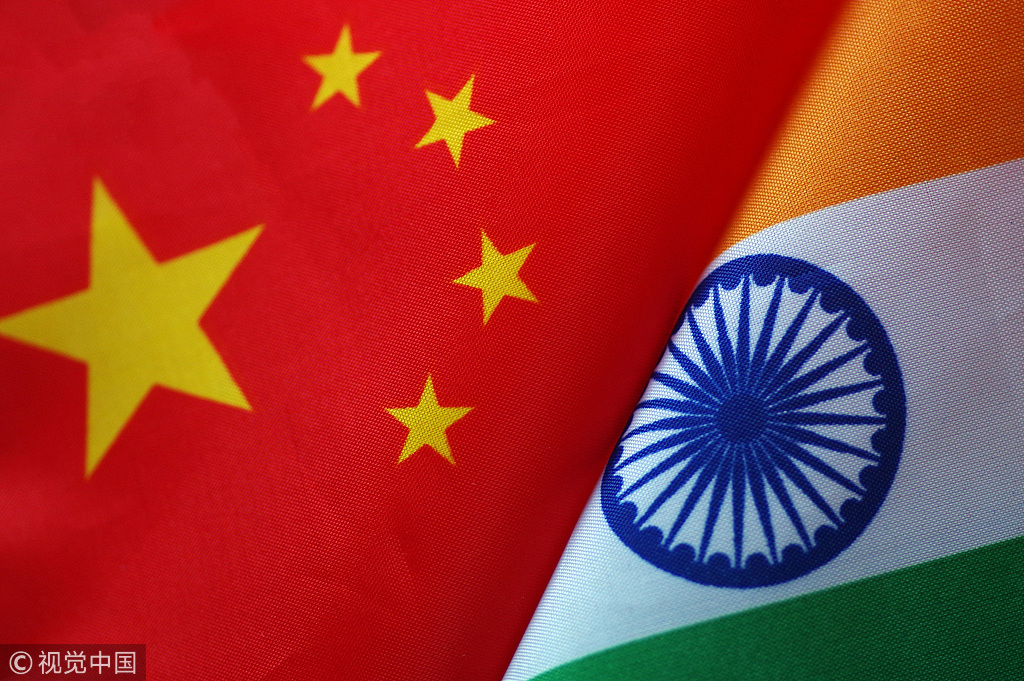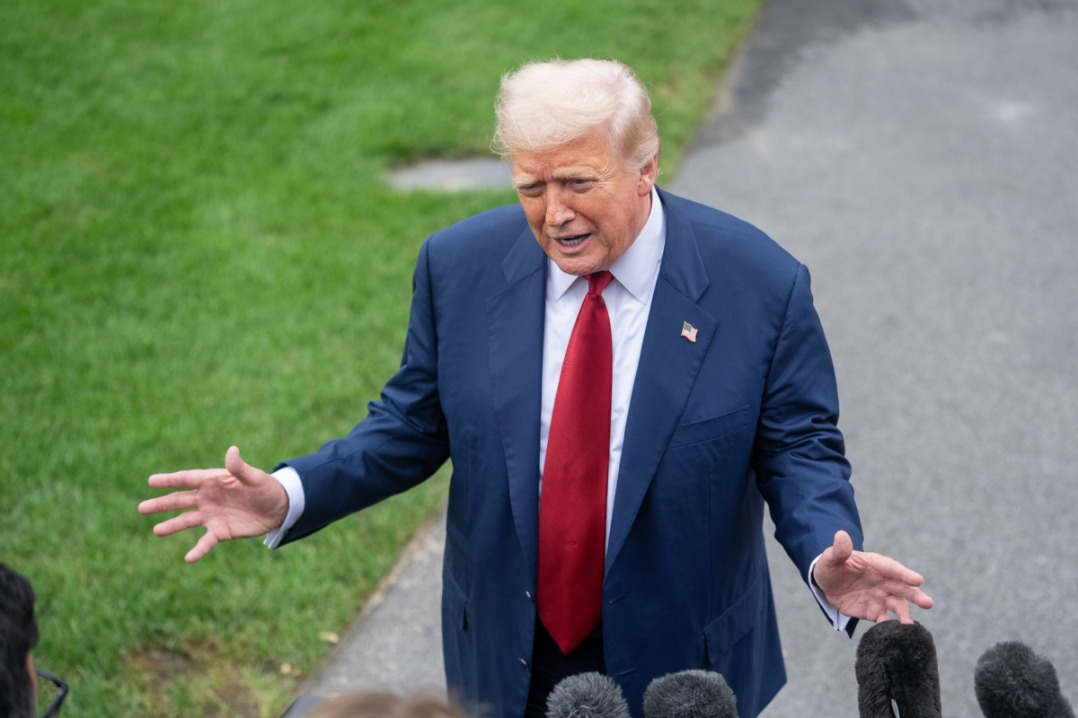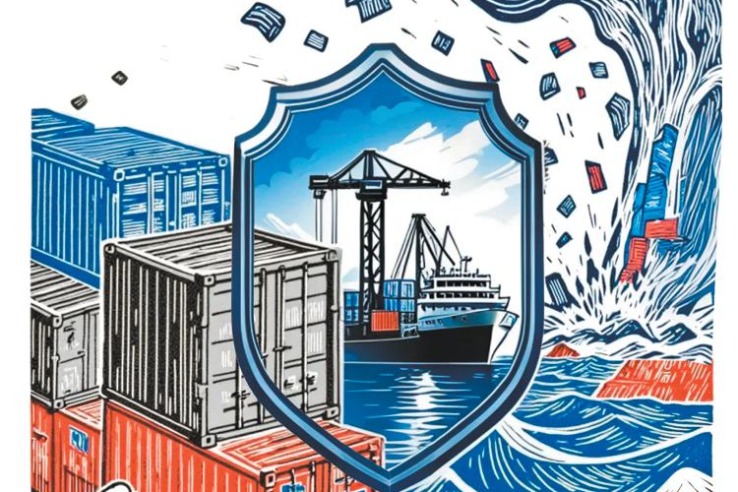Imperative no escalation of border clash: China Daily editorial


In what has been the most deadly military confrontation between the two neighbors in more than four decades, Chinese and Indian border troops engaged in a deadly clash in the Ladakh region, a yet-to-be-demarcated area between the two countries high in the Himalayas, on Monday, resulting in heavy casualties on both sides.
Although no shots were fired, Indian officials said on Tuesday that 20 Indian soldiers died during the fighting in which iron rods and stones were used.
China has not released details of the deaths and injuries on its side, in an attempt to avoid any notion of winners or losers and prevent any escalation of tensions, but with casualties on both sides and tensions having been simmering for a while before boiling over, the incident cannot but raise worries that the situation risks running out of control.
The incident comes after an earlier high-level meeting between the two countries' army commanders in which both sides agreed to "peacefully resolve" the border disputes.
India has to bear the blame for the latest tragedy because its troops twice crossed the Line of Actual Control on Monday to launch attacks on Chinese personnel. Their provocations seriously violated the agreement reached by the two countries, Chinese State Councilor and Foreign Minister Wang Yi informed Indian Foreign Minister Subrahmanyam Jaishankar on a telephone call on Wednesday.
India has taken an increasingly aggressive stance against China over their border disputes since the Doklam standoff in 2017 and it has been constructing roads and airfields in the disputed border areas, which has exacerbated the tensions that were already simmering in the area.
Some Indian politicians have aggravated these tensions by fanning nationalistic fervor among the public for their own political gains. And the perception among some in India that it has more to gain by playing a bigger role in the United States-orchestrated Indo-Pacific Strategy against China has emboldened them to perceive China's patience and forbearance as a sign of weakness, which may explain why the Indian troops have been trying to provocatively push the envelope on the border.
Despite this, the fact that neither side fired any shots during the latest clash indicates that it is still possible for the two sides to exercise damage control in the spirit of maintaining "peace and tranquility".
As Wang said in his conversation with his Indian counterpart, the most important thing now is for the two sides to keep restraint, bring their dispute-settlement mechanisms and communication channels into full play and try to avoid a vicious cycle of violence and retaliation. But to ensure there is an atmosphere conducive for dialogue, the troops in the area must disengage with each other to avoid any more casualties. After all, neither side wants to spark a border war.


































